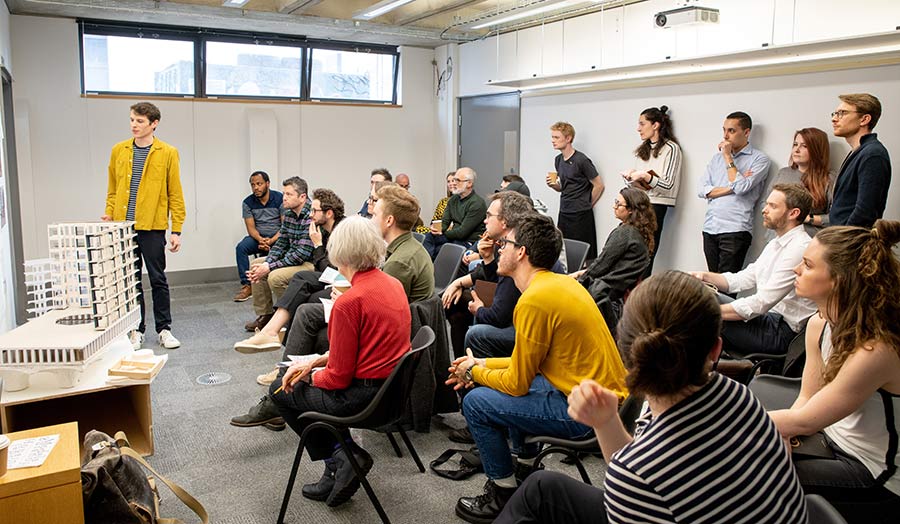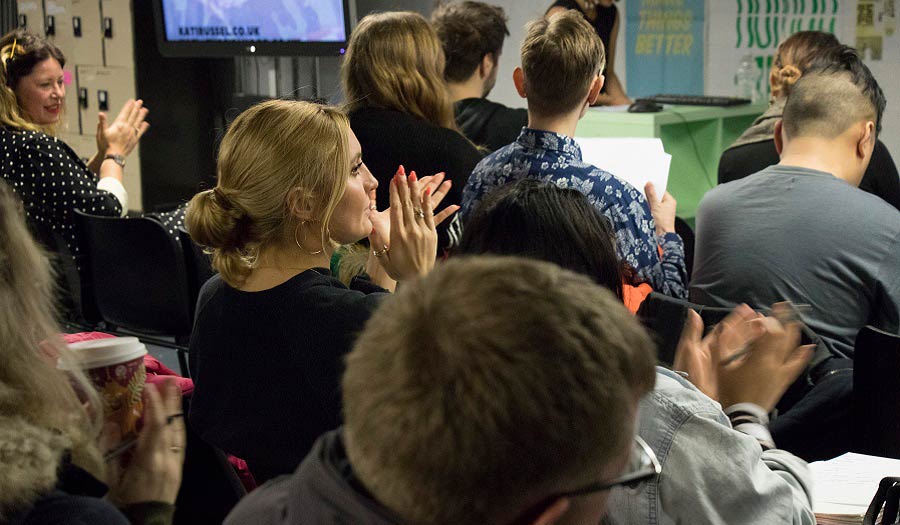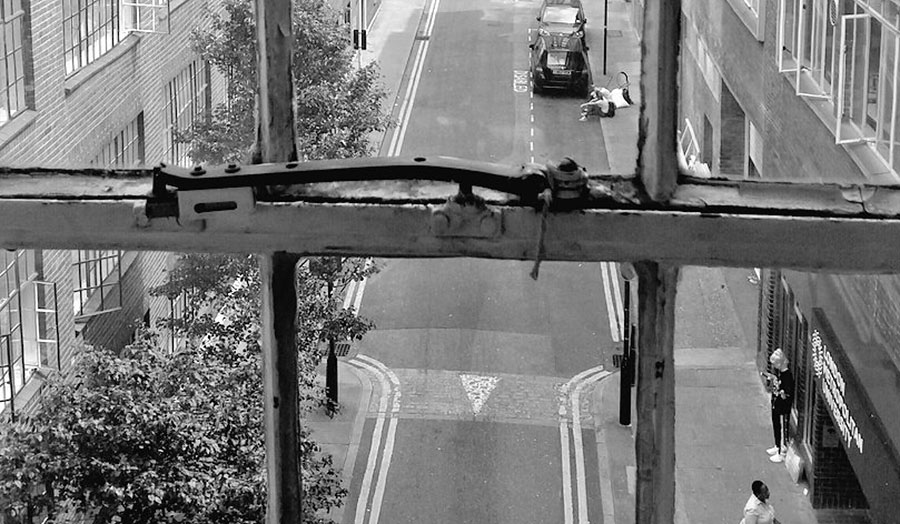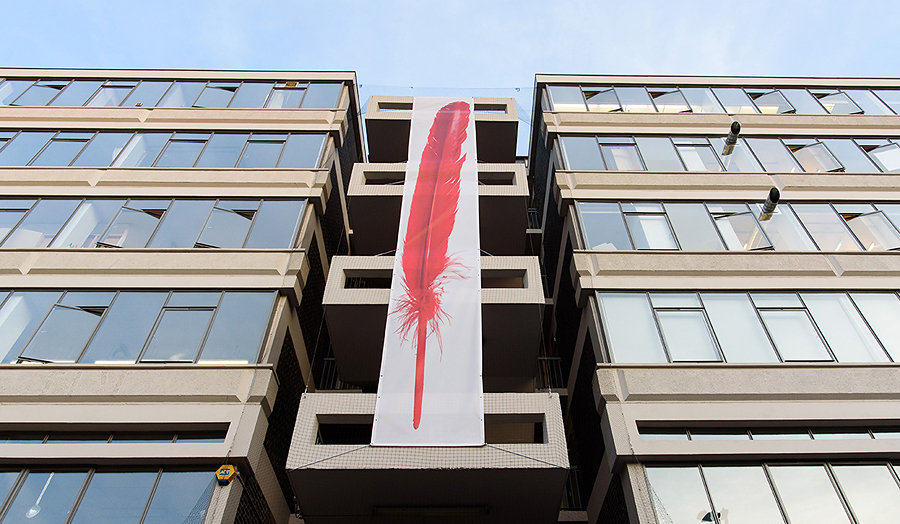The Centre for Urban and Built Ecologies (CUBE) is a supportive and collegial platform that brings together research and knowledge exchange in the fields of architecture, design and urbanism. Scholars and practitioners in our community share an interest in the environmental, social, and cultural transformation of places, and a concern to understand and uncover relationships between spatial contexts, social dynamics, and sustainable environments.
We employ critical approaches to the practice, theory, and history of design at all scales, from the interior to the city, developing new modes of analysis and action that respond to the complex, interdisciplinary nature of our shared lifeworld. Research themes anchor CUBE projects to topics that arise from productive exchange among colleagues across our subject areas, within and beyond our School and University. This includes collaboration with industry partners, community-based organisations, and charities.
Key themes at CUBE reflect our established areas of research and practice, including:
- Architecture in Fragile Environments: We explore architecture and development practice in low-income settlements and fragile urban environments, including the context of migration and the aftermath of disaster. This area of study includes Architecture of Rapid Change and Scarce Resources (ARCSR) and our work with Architecture Sans Frontières UK (ASF-UK).
- Civic Commons and Urban Culture: Cultural accounts of urban life and the civic commons consider social and economic dynamics in the city. Strands of study address participation and inclusion, design creativity, cosmopolitan life, public festivals, urban depth, historical and contemporary sites of protest, and the intersecting ecologies between nature and the city.
- Craft-Design and Visual Culture: The culture of design—its embodiment in the life of images and things, as well as ways of seeing, making, circulating and engaging with objects — is addressed in studies concerning craft, the space of the museum, aspects of broadcasting, critical outlooks and traditions of practice, and the design media.
- Pedagogy and Practice of Architecture and Design: Our assumptions about architecture and design are interrogated through reflections on practice, on the production of the built environment, on teaching processes and innovations, through design research and landscape infrastructure investigations, and in work that considers the changing agenda of sustainability discourses.
- History and Interpretation of Places: Spatial experience, the interpretation of artefacts, architectural history, and the discourse of design bring together a range of studies that consider the poetics, emotions, memories, associations, and meanings of places in cities, at home, through our attachment to objects, in urban blocks or in typical situations that structure the sphere of collective life.
CUBE is the home for our current cohort of research students affiliated to the centre through their supervisors (who are CUBE members or alumni). Our members have, between them, a substantial track record of supervising PhD and MPhil students to completion, and our PhD alumni community is extensive. We offer a range of PhD pathways, from a traditional format to practice-based or PhD by publication options.
The range of research activity available in CUBE, our affiliated centres, and the School of Art, Architecture and Design, together with the Graduate School programme of PGR training and connections to University-wide opportunities, adds up to a supportive, diverse and stimulating and postgraduate research environment.
If you are considering pursuing a PhD and want to know more, we invite you to get involved in our activities at CUBE, and to contact us for an informal chat or preliminary meeting prior to submitting a formal application.
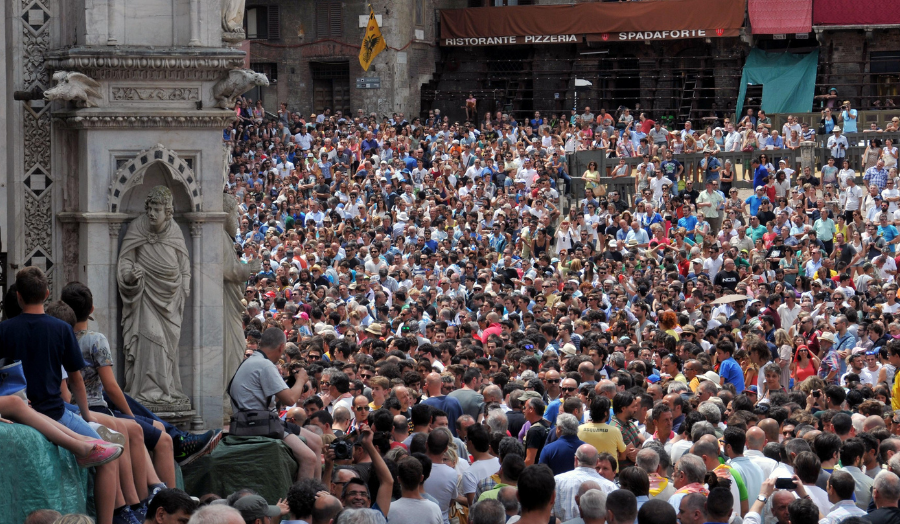
Image: Florence Festival, Christian Frost
Leadership team
Prof. Matthew Barac (CUBE Director)
Dr Bo Tang (CUBE Deputy Director)
Members
Associate members
Dr Beatrice De Carli
Dr Kirsten Thompson
Student members
Samson Adjei
Julia Atkins
Michael Badu
Pau Bajet
Daria Myserscough
Youjin Cui
Hosn Houssami
Annisa Jabbour
Peter Newby
Tim Peake
Mahittichai Supatira
Reishin Watabe
Julia Atkins
Michael Badu
Pau Bajet
Daria Myserscough
Youjin Cui
Hosn Houssami
Annisa Jabbour
Peter Newby
Tim Peake
Mahittichai Supatira
Reishin Watabe



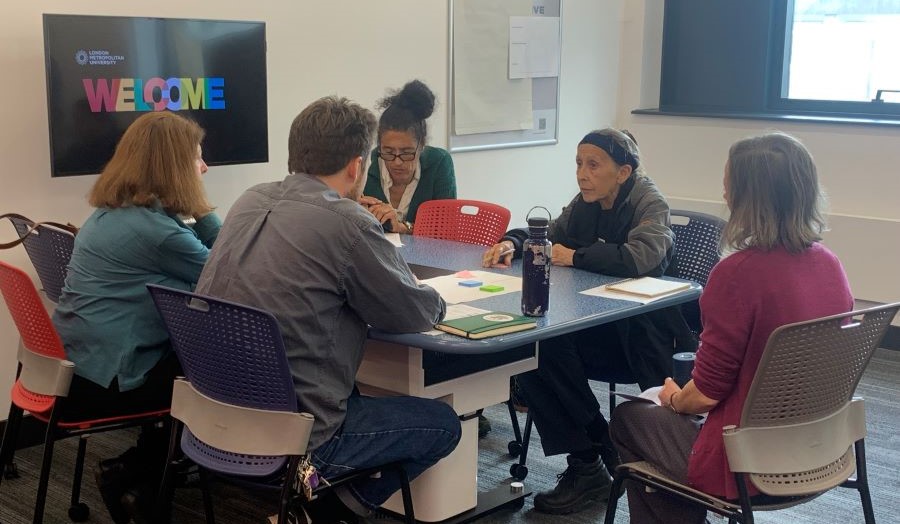

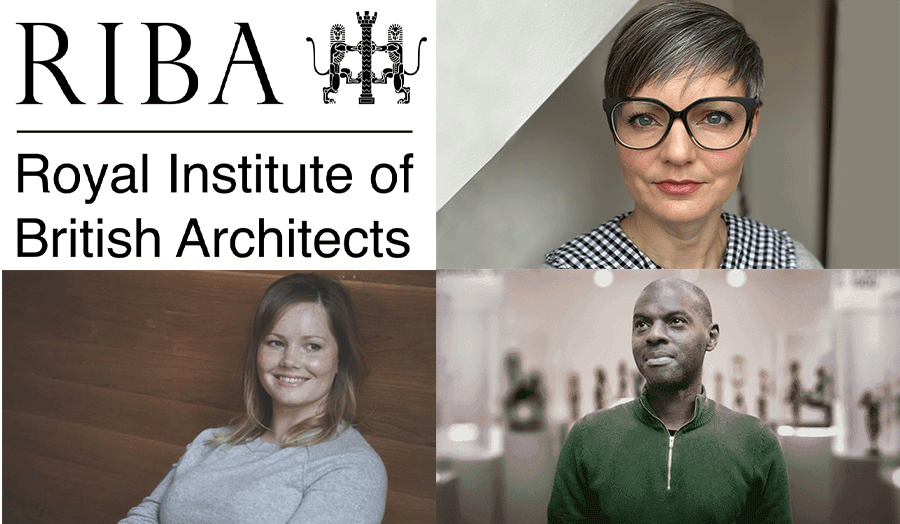
.png)
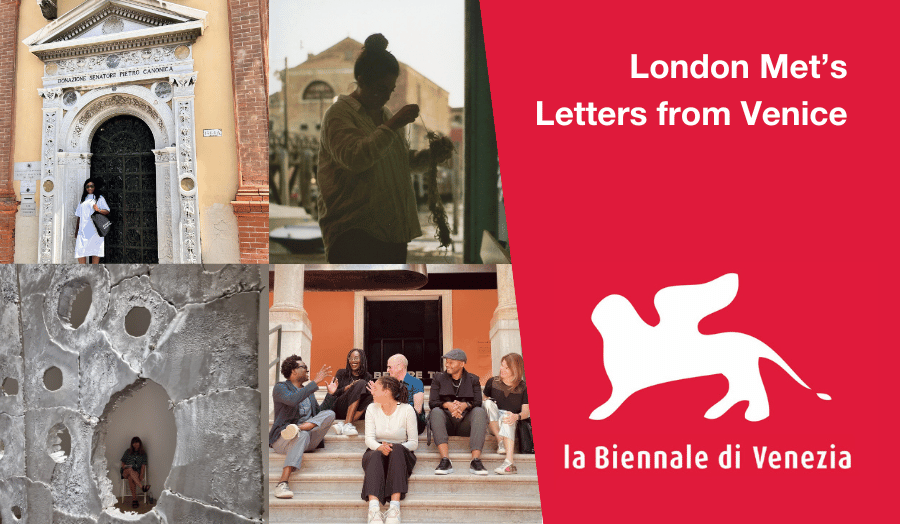
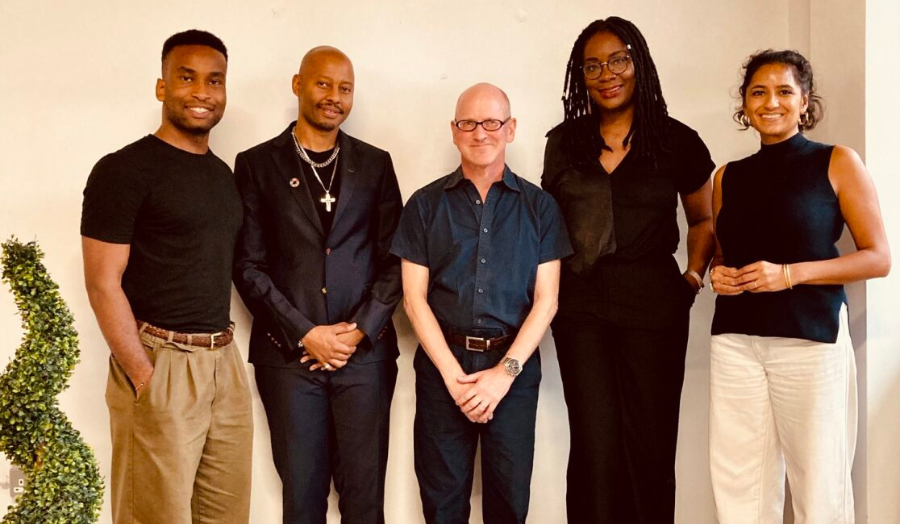
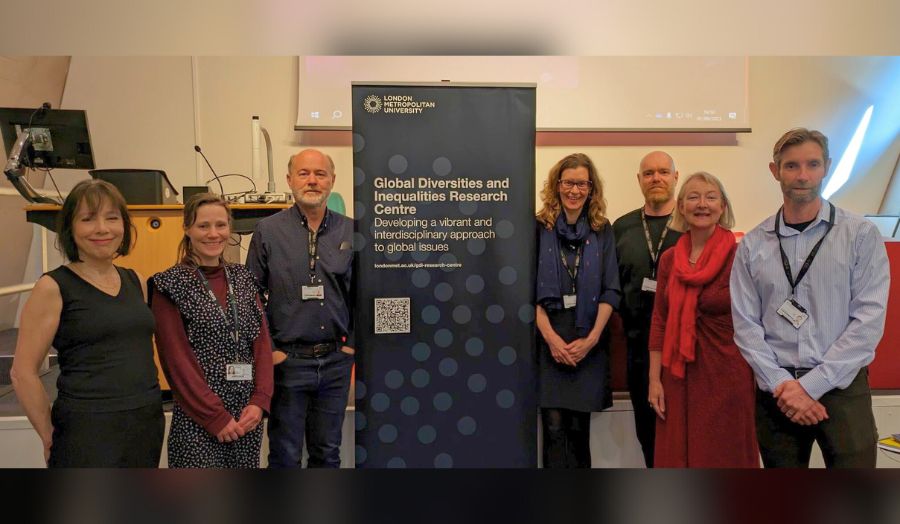
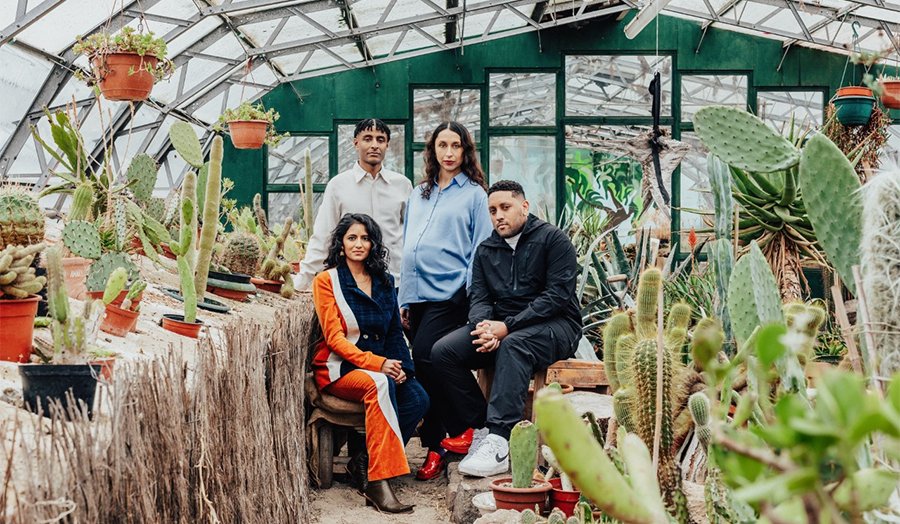

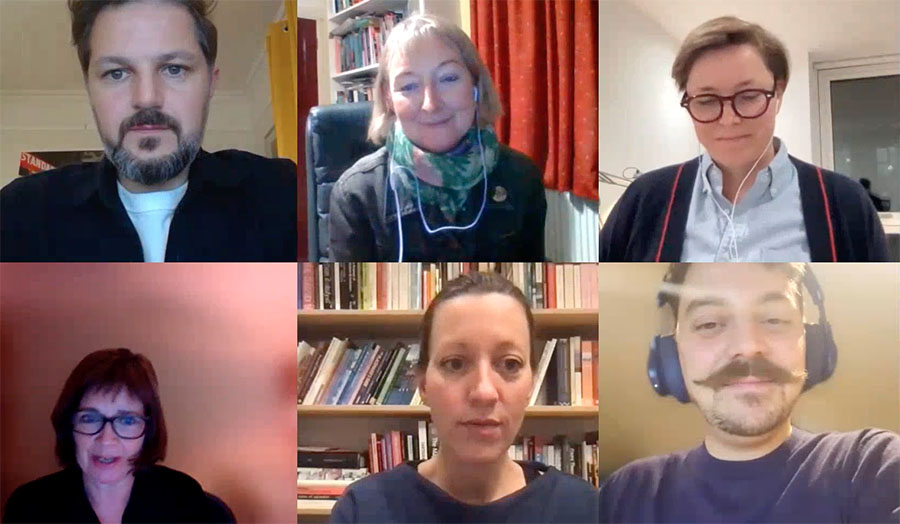
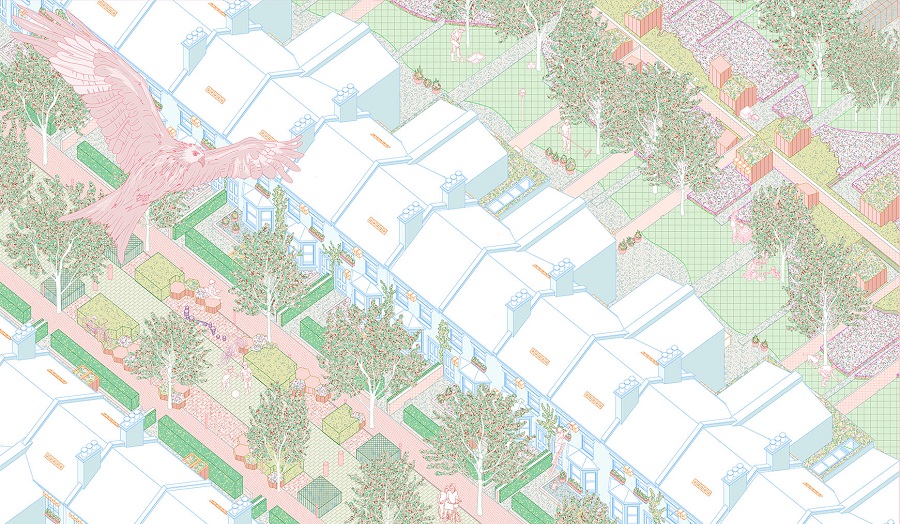
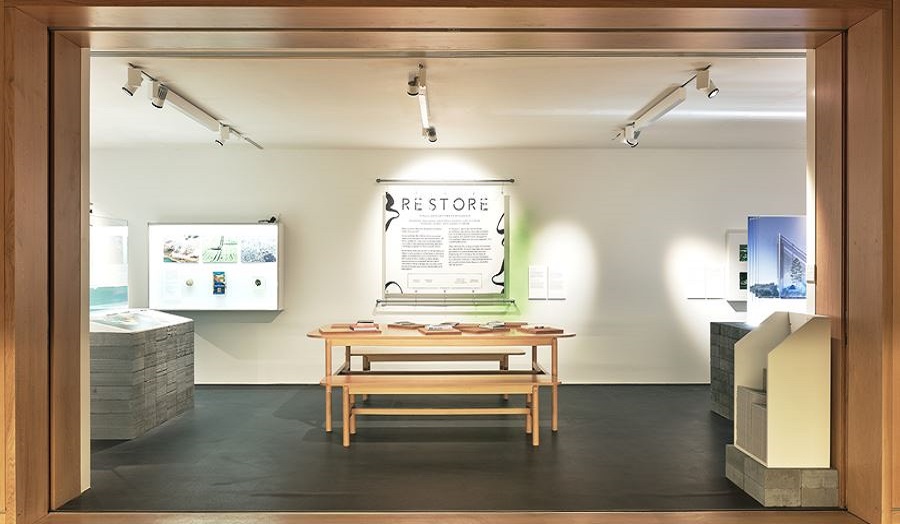

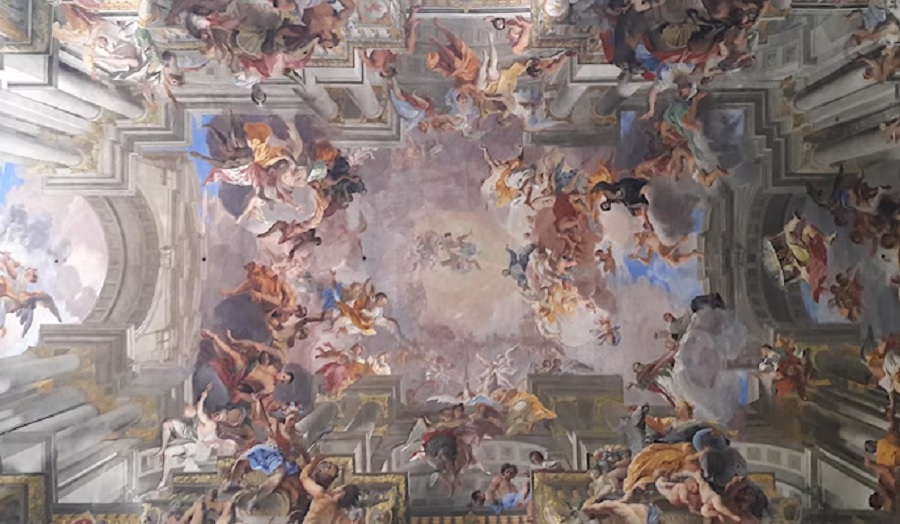
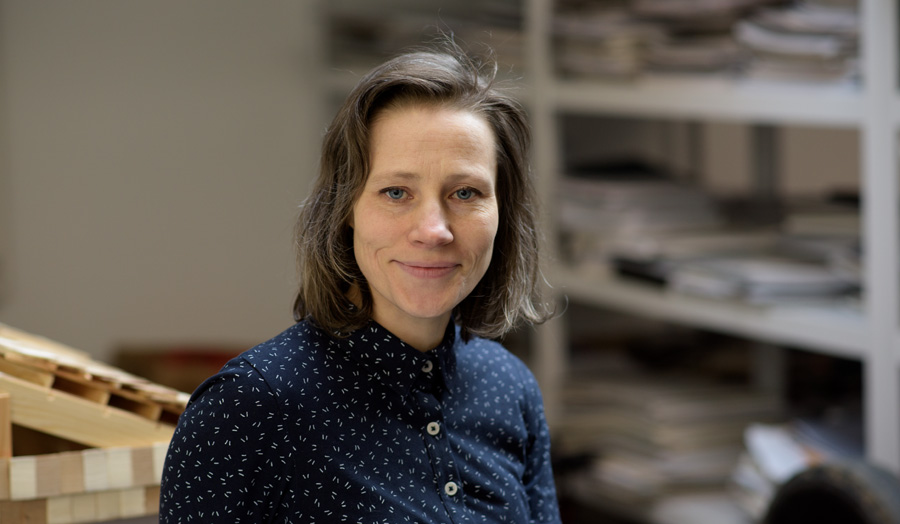
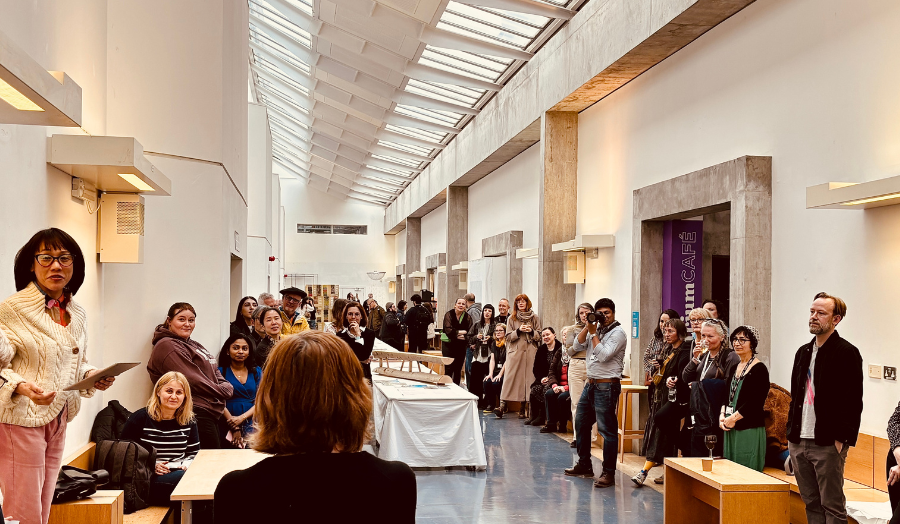
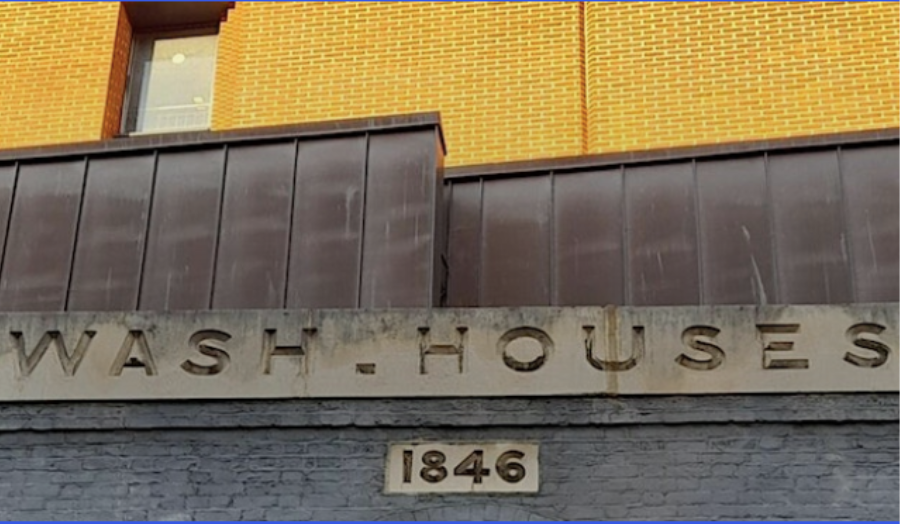
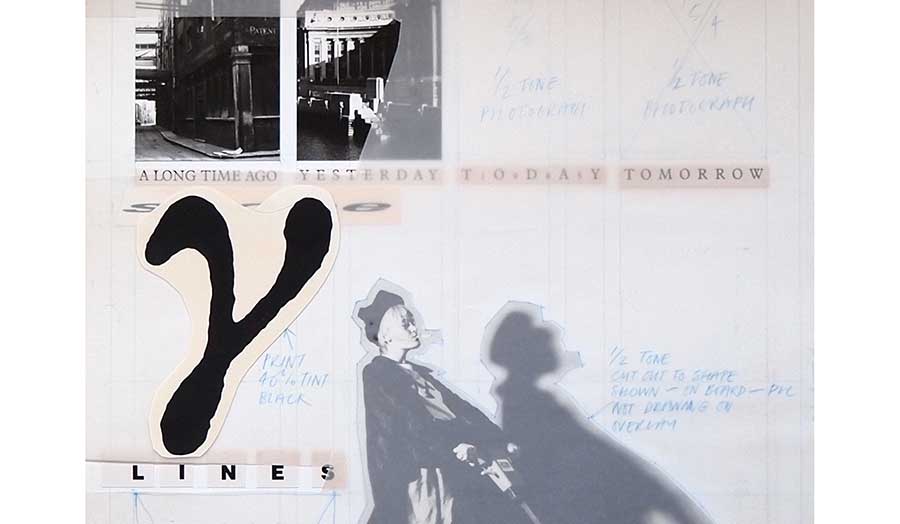
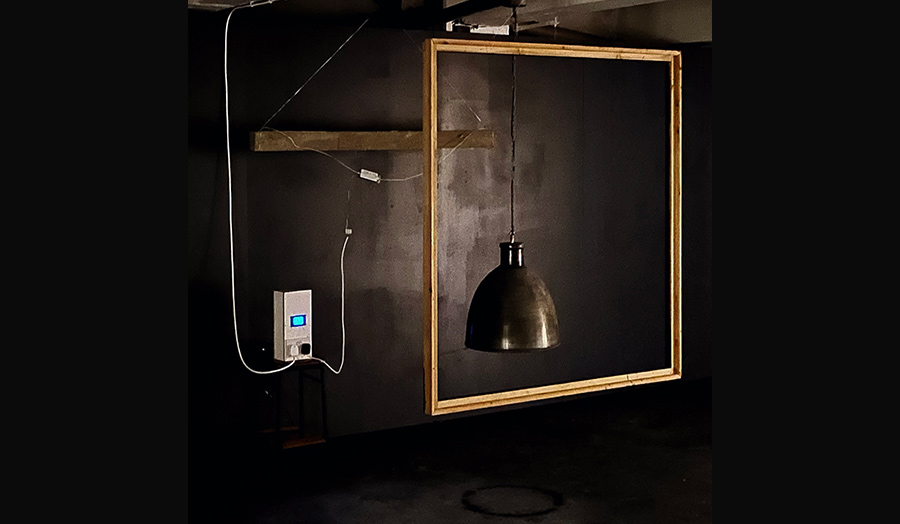
.jpg)
